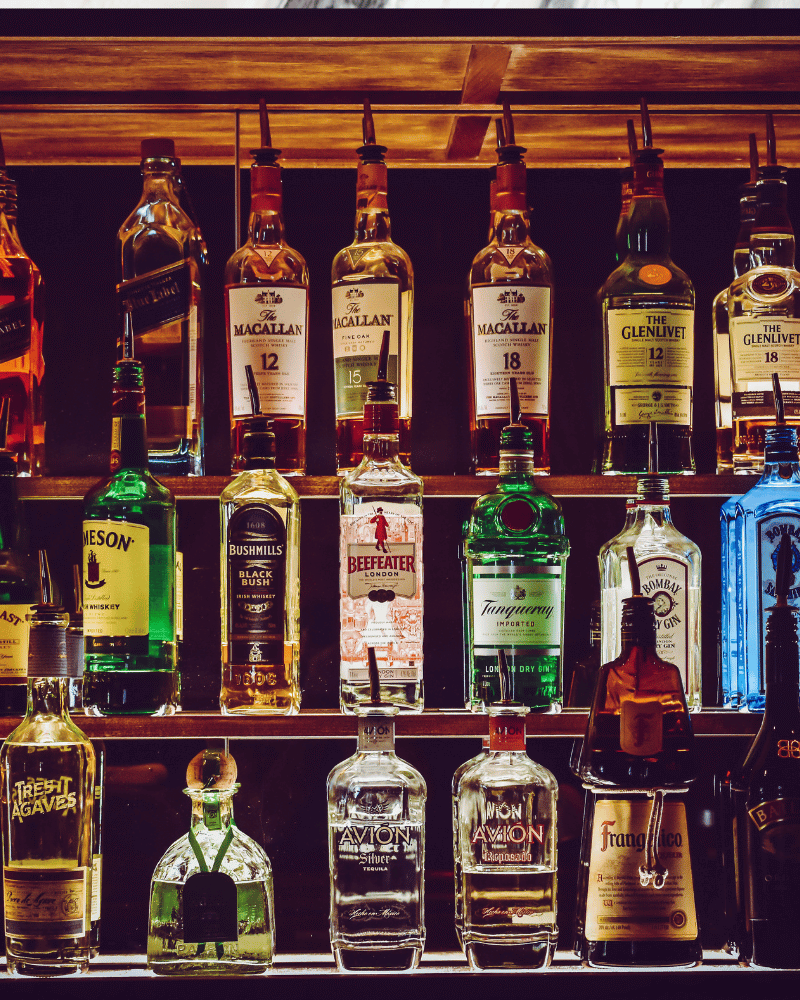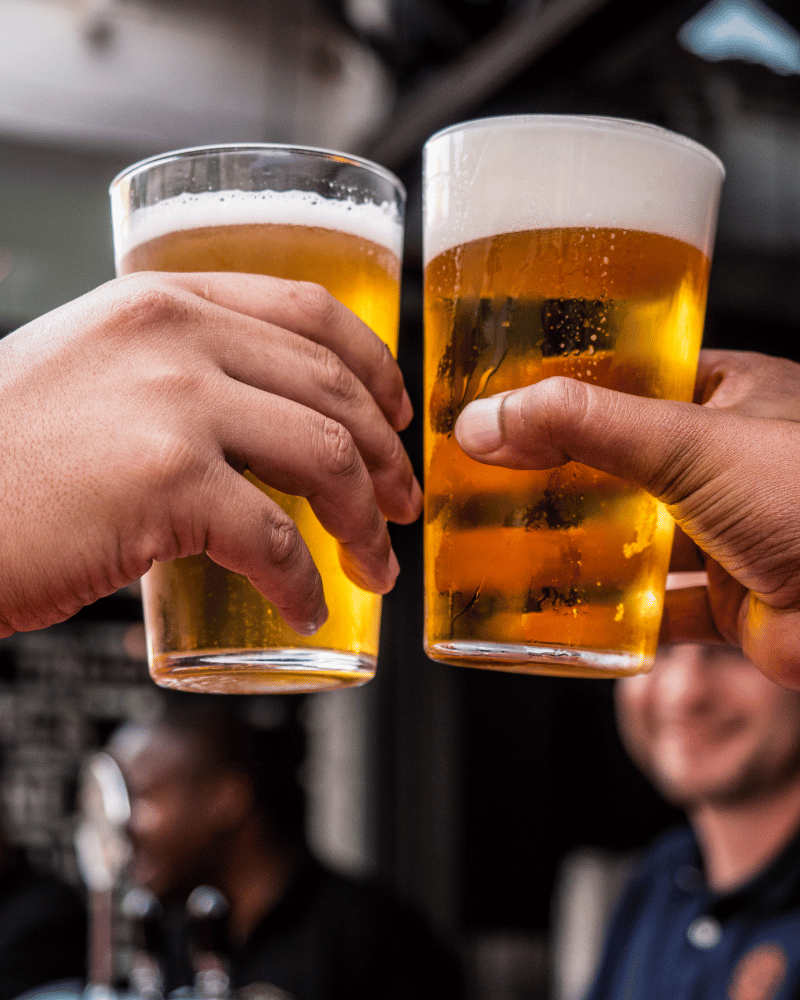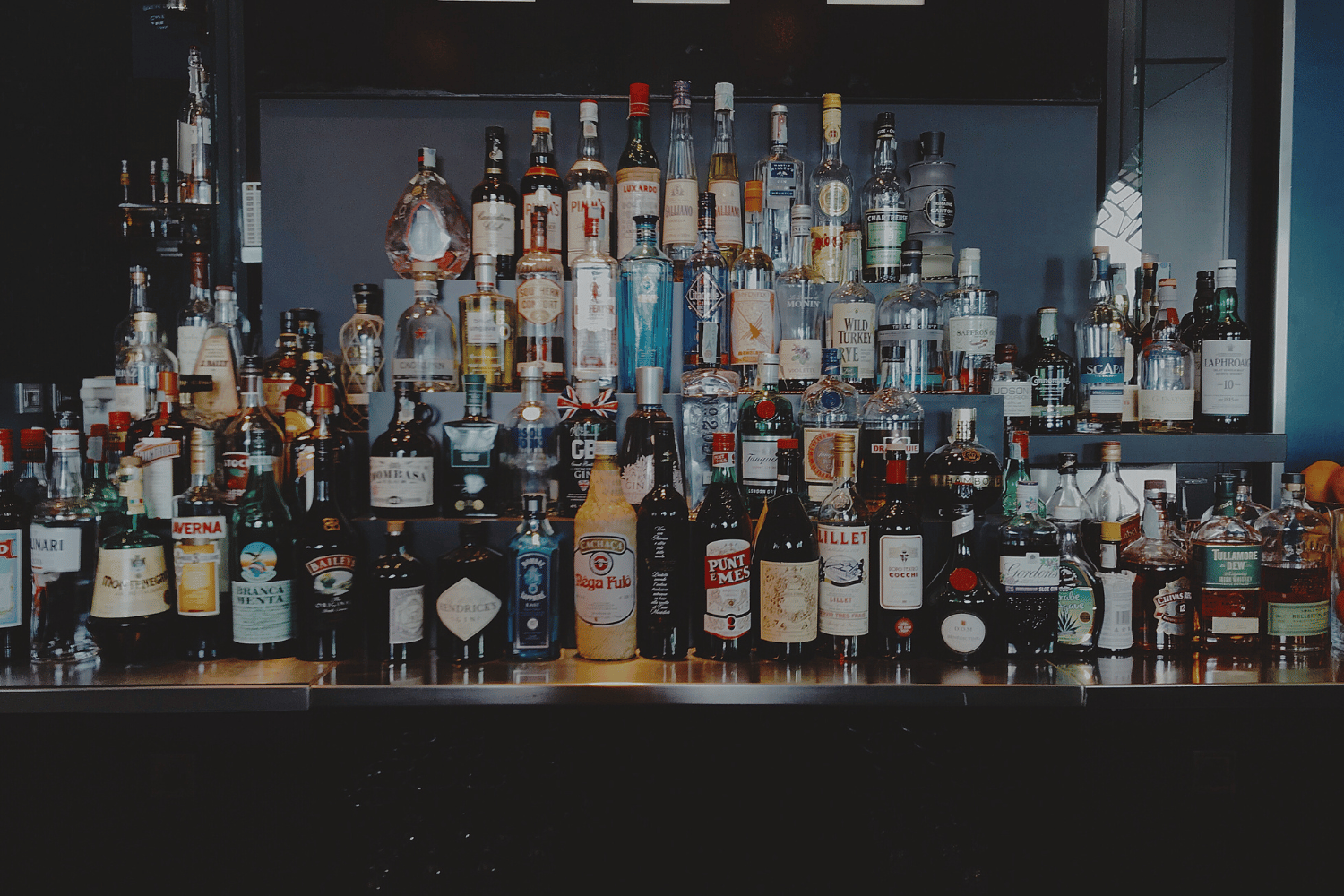The decision to quit alcohol: The first and most important step
The first and most important step on the path out of addiction is the decision to stop drinking. For many affected individuals, this moment of realization is both liberating and frightening. The fear of withdrawal symptoms and the uncertainty about how body and mind will function without alcohol can be paralyzing. Nevertheless, this decision marks the beginning of a journey toward better health, freedom, and self-determination. It is important to remember at this moment that you do not have to go through withdrawal alone. Support from family, friends, and professionals is often the key to success.
The first phase of withdrawal
After the last sip, the body begins to break down the alcohol, which is usually noticeable within a few hours. Acute withdrawal symptoms typically start within the first 6 to 12 hours. Common symptoms include trembling, nausea, sweating, headaches, and sleep disturbances. At the same time, severe psychological symptoms such as anxiety and depressive moods may also occur. This phase is not only physically demanding but also emotionally challenging. For many affected individuals, it is a time of uncertainty, as both body and mind must learn to function without the familiar toxin after years of alcohol use. Professional support during this phase is especially important to prevent serious health complications such as seizures or delirium tremens.


The stabilization
After the first 72 hours, the body gradually begins to calm down. The most severe physical withdrawal symptoms subside, but this does not mean that the hardest part is over. In the so-called stabilization phase, which can last several weeks, individuals primarily struggle with the psychological effects of alcohol withdrawal. Sleep disturbances and intense cravings can create the feeling that withdrawal will never end. Even though the days may seem to drag on, this is where the first glimmer of hope appears: the body starts to regenerate. Organs such as the liver and heart begin to recover, and mental clarity slowly returns. Support through therapeutic interventions and, if necessary, medication remains very important during this phase.
The psychological hurdles: Overcoming long-term challenges
Even after the physical withdrawal is largely complete, the psychological struggle often continues for a long time. Many people experience intense emotional fluctuations, depression, or a sense of emptiness in the months following withdrawal. Without the ability to numb problems and emotions with alcohol, many feelings suddenly surface unfiltered. The right therapeutic support is crucial at this stage. Individual or group therapy can help develop new coping strategies and understand the deeper causes of dependence. Connecting with others in support groups can also be incredibly helpful during this phase. The goal is to build a new, more stable foundation for your life—one that does not rely on alcohol.
Understanding and Preventing Relapses: A Part of the Healing Process
Relapses are a real risk and occur for many people going through withdrawal. They should not be seen as a failure, but rather as part of the learning process. It is important to understand that the path out of addiction is not straightforward. Relapses provide an opportunity to learn from mistakes and develop new strategies to become stronger and more resilient in the future. Triggers such as stress, social situations, or emotional strain can reignite the urge to drink alcohol, but with the right tools—such as a supportive environment, therapeutic assistance, and mindful self-care—these moments can be managed successfully. Preventive measures, like avoiding high-risk situations or establishing positive routines, also help to prevent a relapse.

The new chapter in life: Creating a life without alcohol
After successfully quitting, a completely new life begins. Without alcohol, a world full of possibilities opens up, where both body and mind can truly flourish. Improvements in health, such as increased energy, better sleep, and a more stable mood, are often the first positive changes people notice. Social and emotional life will also change. It is important to find new hobbies, social connections, and routines that enrich and fulfill life without alcohol playing a role. Having realistic expectations and understanding that healing takes time is essential. Patience with yourself and ongoing care for your physical and mental health are crucial for leading a happy, alcohol-free life in the long term.


